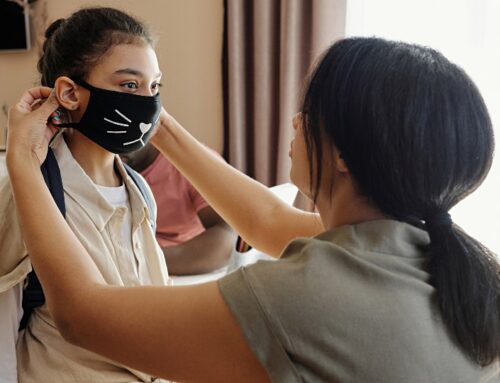63% – Of respondents in the 2011 Kids Help Phone Cyberbullying survey were bullied through social networking.
65% – Of respondents from the same survey would rather tell a friend than an adult if they were being bullied.
35% – Of respondents in the 2013 Ipsos Interactive Reid Report who have a profile on a social networking site have seen mean or inappropriate posts about people they know.

Some precipitating factors as a result of cyberbullying include:
- Anxiety
- Depression
- Lack of concentration
- Not doing as well in school
- Feeling hopeless/helpless
- Suicide
Symptoms of cyberbullying:
- Crying, feeling irritated or cranky.
- Feeling angry, sad, betrayed, afraid, hurt or embarrassed.
- Feeling sick (e.g. frequent headaches and stomach aches).
- Blaming yourself for being bullied & ignoring the problem.
- Feeling stressed out.
Signs if someone is being cyber-bullied:
- They do not want to use the computer or phone as often.
- They undergo mood swings/ drastic changes in behavior.
- They get anxious about going to school.
- They isolate themselves from others.
- There is a lack of communication between you and them.
- They harm themselves (e.g. cutting, alcohol and/or drug abuse).
Click here to download the complete PDF article & Resources.





